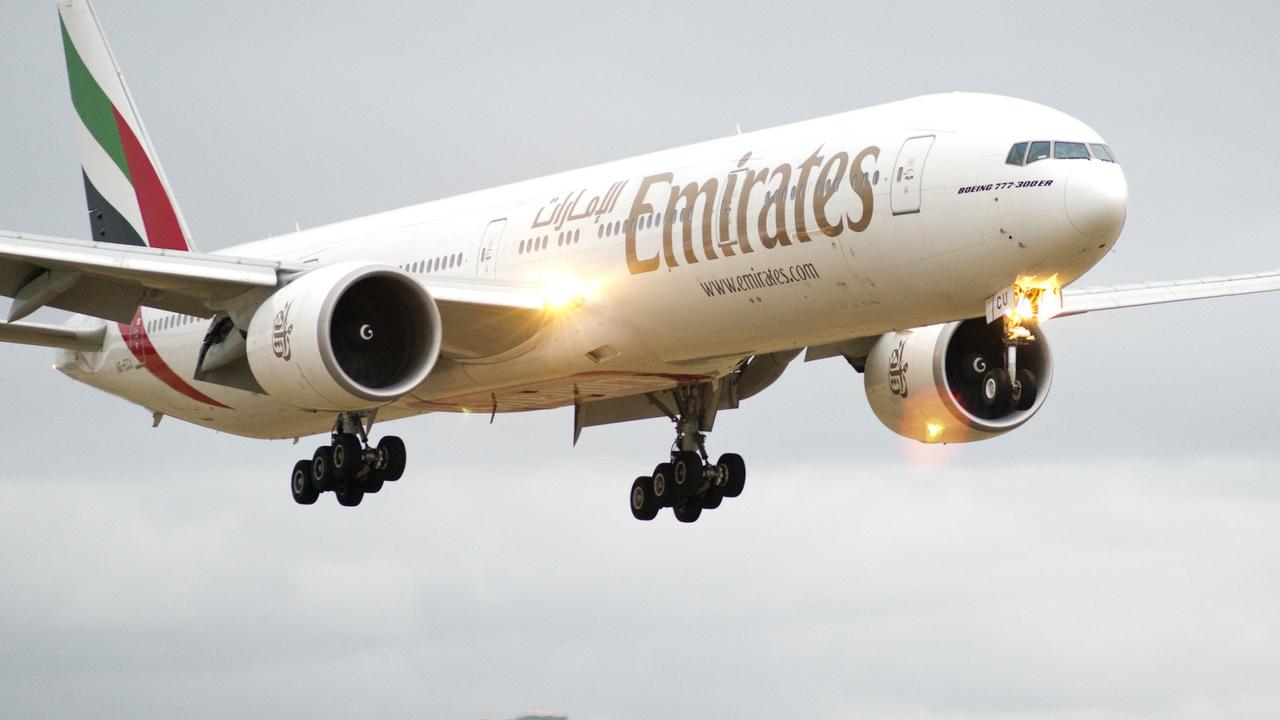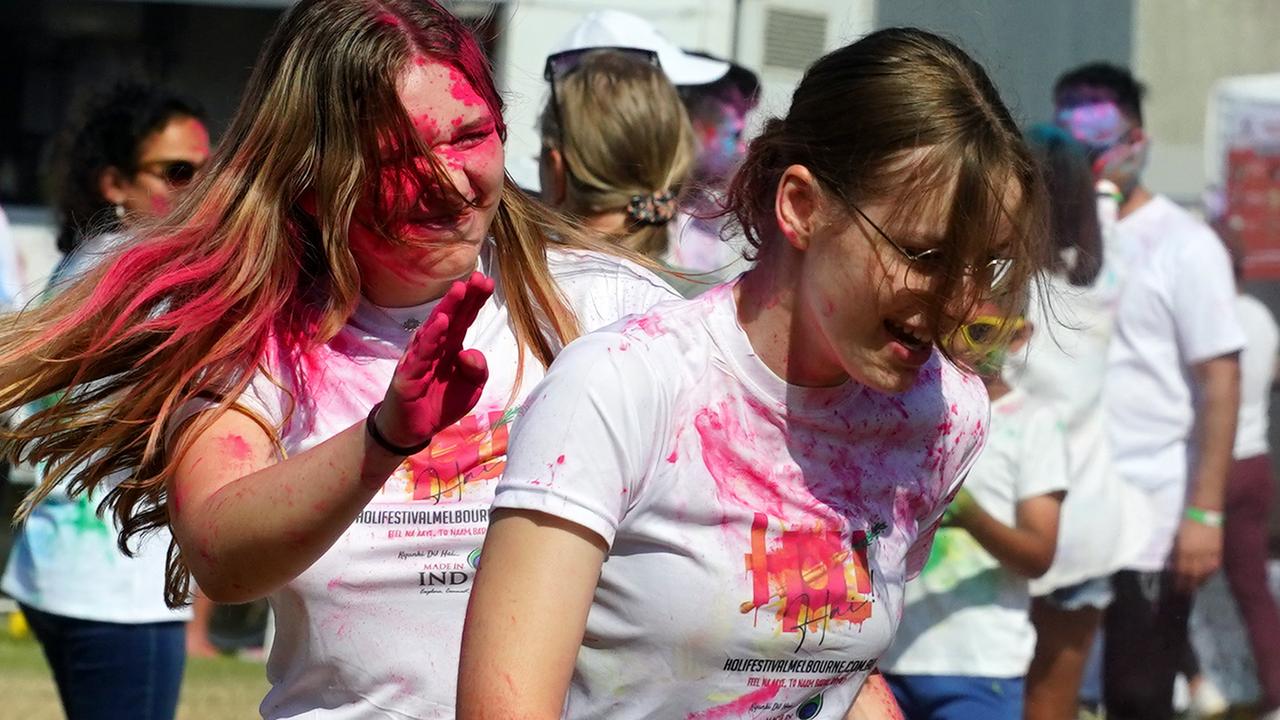Virgin Australia boss criticised for ‘some people may die’ comment
The Prime Minister has joined a chorus of voices condemning Virgin’s CEO over her comments about needing to reopen international borders.
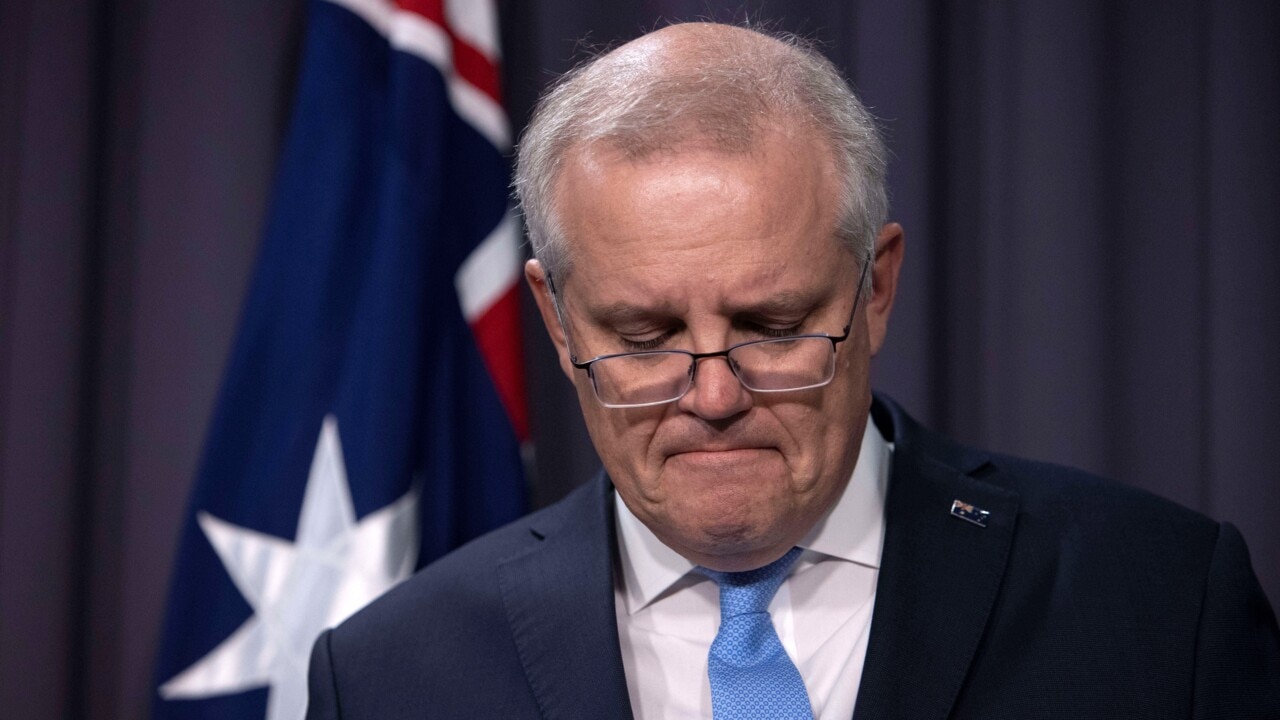
Prime Minister Scott Morrison has called out “somewhat insensitive” comments by the boss of Virgin Australia suggesting the nation’s borders should reopen even if it meant “some people may die”.
Jayne Hrdlicka told a Queensland University of Technology business function on Monday that Australia needed to learn to live with COVID-19 and reopen borders sooner than mid-2022 if vaccination levels were high enough.
“It will be a difficult thing to do politically because the narrative needs to change. It needs to change so that COVID will become part of the community,” Ms Hrdlicka said on Monday.
“It will make us sick but won’t put us into hospital. Some people may die but it will be way smaller than the flu.
“We’re forgetting the fact we have learnt to live with lots of viruses and challenges over the years and the government has to learn to live with this and sooner than June 2022.”
Mr Morrison said on Tuesday the risk of the virus was still too high to consider reopening international borders and it would only happen “when it’s safe to do so”.
In relation to Ms Hrdlicka’s comments, he said, “I regret that those comments were somewhat insensitive.”
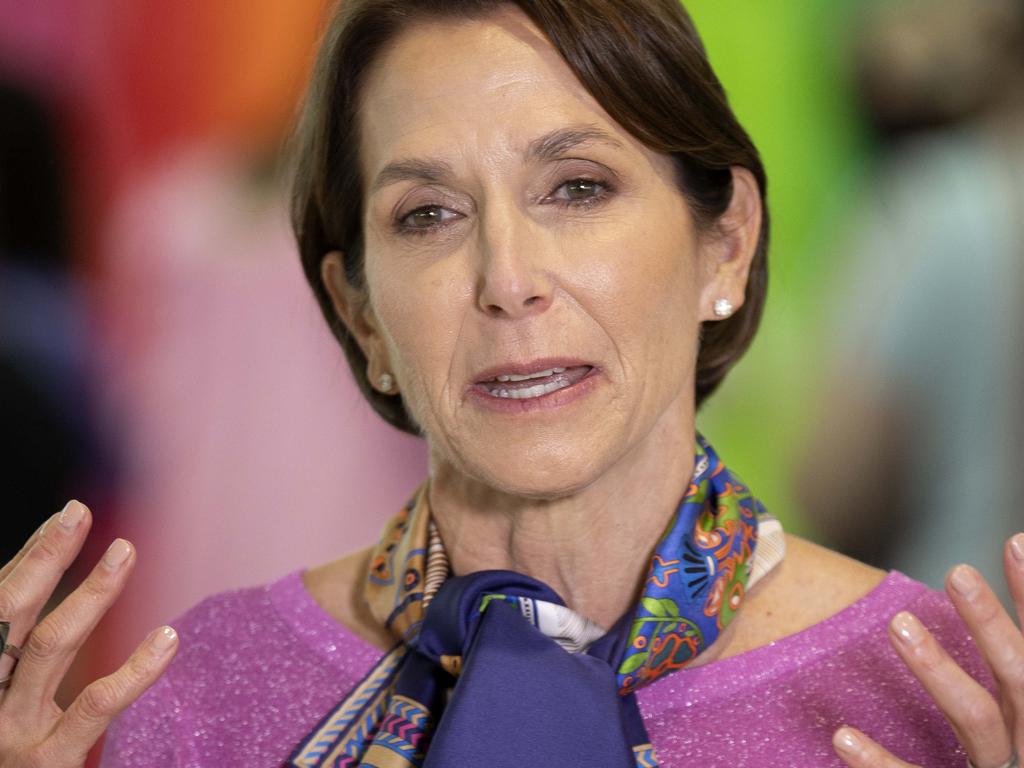
“You know, 910 Australians have lost their lives. Every single one of those (lost) lives was a terrible tragedy, and it doesn’t matter how old they were. Some were younger, some were older. They were someone’s mum, someone’s dad, someone’s aunty, someone's cousin, brother, sister, friend.
“Nine hundred and ten – all felt extremely consciously by those loved ones around them. So no, I find it very difficult to have any truck with what was said there.”
He added on current medical advice it was “not safe to take those paths”.
“I’m not going to take risks with Australians’ lives,” he said.
Greens disability rights spokesman Senator Jordon Steele-John told ABC’s News Breakfast on Tuesday he found Ms Hrdlicka’s comments “extraordinary offensive” given people with disability were among those at greatest risk of the virus.
“As a disabled person, who is part of that community, that is extraordinarily offensive language, and that needs to be called out,” Mr Steele-John said.
“If you look at the cohorts that are most at risk of COVID-19, it’s older people, it’s First Nations people, it’s disabled people. We are human Venn diagrams of risk when it comes to COVID-19.
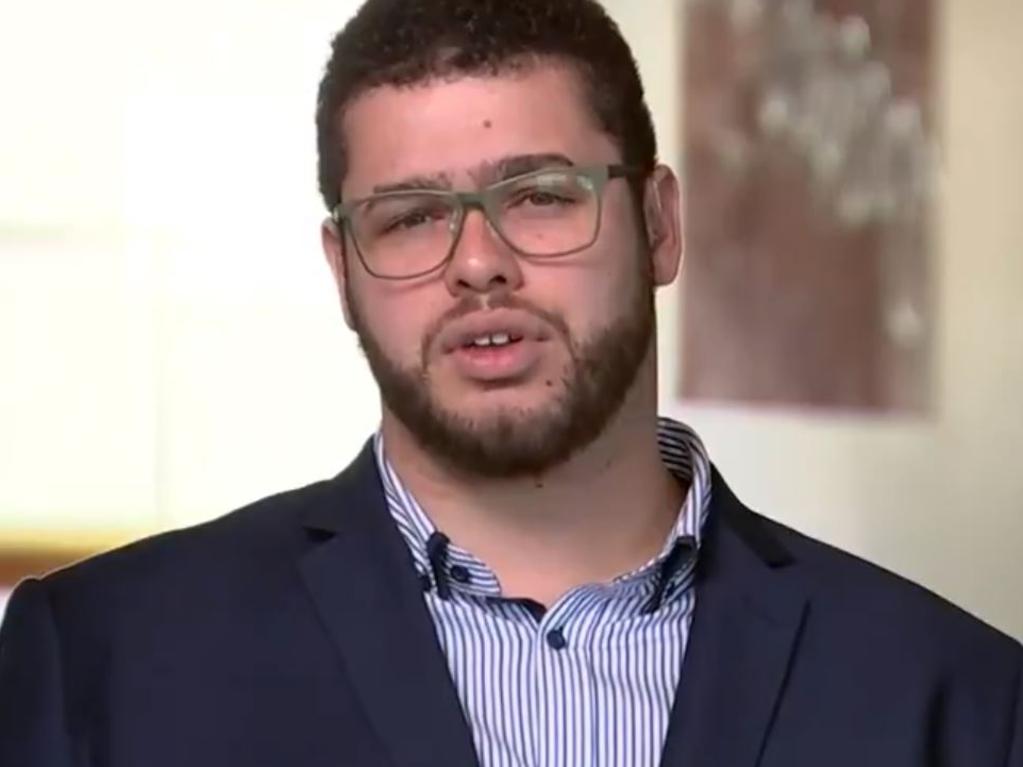
“So when we talk about changing policy settings and accepting that people ‘may’ die because it will boost the bottom line of a corporation like Virgin, we need to be very clear who we are talking about, and put the onus upon individuals that make statements like that to make exactly clear: how many disabled people (Ms Hrdlicka) believes is acceptable to have die in a context where this government’s vaccine rollout has not yet cracked 1000 people in a community of 4.4 million across the country?”
Mr Steele-John raised Ms Hrdlicka’s comments as he spoke about reports less than 4 per cent of people in disability care accommodation had received the vaccine.
In a statement clarifying the chief executive’s comments, Virgin Australia said eradication of COVID-19 could not be Australia’s goal.
“Virgin Australia has and will continue to work closely with both state and federal governments to support the health and safety of the Australian community,” the statement said.
“We agree with state and federal leaders that eradication of COVID-19 cannot be the goal for our country. The question is not if, but when we will be sufficiently vaccinated to protect our people and our hospital system to open our international borders.
“We must learn to live with COVID-19 in the community in a way that protects the health and safety of our people but also opens Australia up to the rest of the world.”
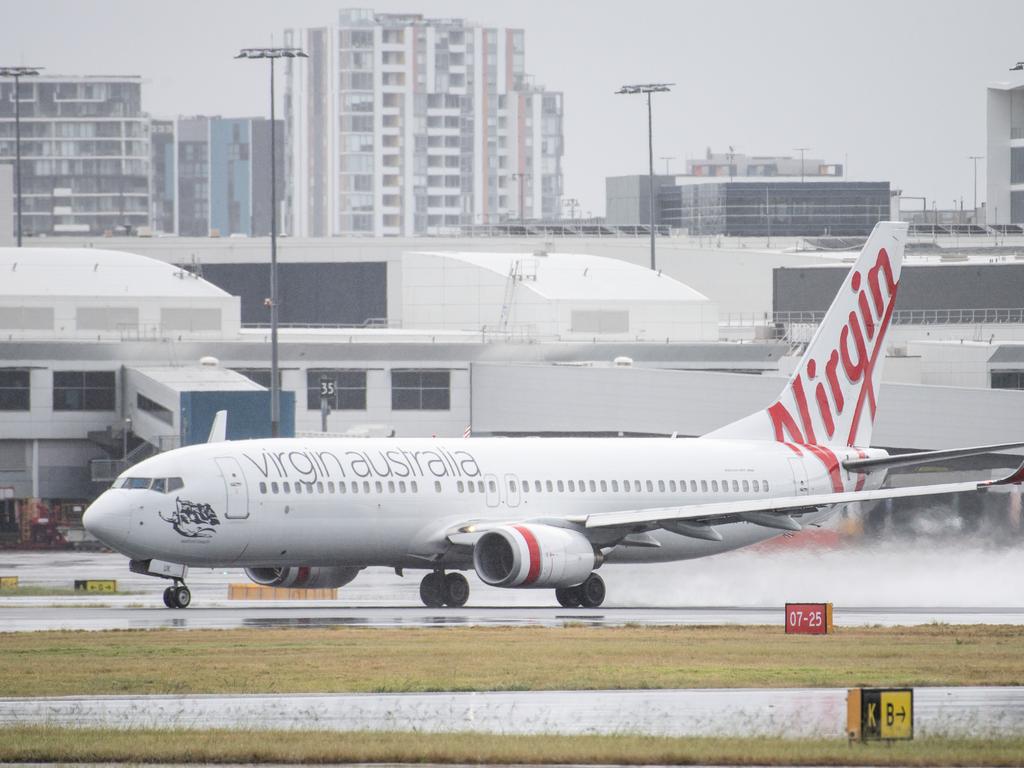
Labor health spokesman Mark Butler said Ms Hrdlicka’s comments were not helpful and called on the business community to have a “bit of patience” during the vaccine rollout.
“I’m not sure, with the greatest respect, that those sorts of contributions are going to do much to bend the will of the Australian public to what she wants to do, and what other businesses, I guess, who want international travel to resume, might want to see in this public debate,” Mr Butler told the ABC.
“Australians understandably want some confidence that they’re going to be safe as we start to consider a pathway out of this pandemic.
“There just needs to be a bit of patience among businesses like that and recognise that the Australian community want to take this slowly and steadily and have much more information and confidence that the Australian government has those core jobs in hand before we think about opening borders.”
But Nationals Senator Matt Canavan backed the Virgin Australia boss, saying those attacking her comments were “doing so a little opportunistically” given the impossibility of a zero virus risk.
“Obviously Ms Hrdlicka put it very, very starkly there but that is the facts,” he told Sky News. “The comments yesterday were starkly put but it probably is about time we have this conversation because we cannot stay under the doona forever.
“If the coronavirus is out and around the world forever then unfortunately like other airborne diseases it will cause fatalities in some instances.
“We can’t wave a magic wand and make all deaths go away, no government can do that. We cannot reduce risk to zero.
“The idea here though is to use our lucky position to reduce risk to a background level that doesn’t disrupt our daily lives.”
Ms Hrdlicka’s comments came after Victorian chief health officer Brett Sutton said Australia needed to come to terms with “letting COVID run” once vaccinations were widely available.
In recordings obtained by The Age from an event in April, Professor Sutton said Australia needed to accept there would be cases of coronavirus after borders reopened.
“We need to somehow communicate to the public that we’ve gotten to a place of complacency because we’ve driven transmission to zero but we will face newly emerging transmission, and a critical juncture where we need to make a call on letting it run,” he said.
Australia’s former deputy chief medical officer Nick Coatsworth has also said the idea of eradicating COVID-19 indefinitely was a “false idol”.
Dr Coatsworth said Australia needed to embrace the reality of the virus circulating in the community.
“I think we’ve been incredibly successful but with that success becomes a risk that we will be aiming for something that’s essentially not achievable,” he told the Today show on Sunday.
“If we’re not going to get to eradication because this virus is going to be circulating in the globe for many years, if not indefinitely, then at some point we need to consider that the virus will also be within our own borders … we need to help the community come to terms with that reality.”
– With Angie Raphael, NCA NewsWire

